Revisit our ValEUs Lecture: “European Values” as Perceived from Central Asia with Zhanibek Arynov from Nazarbayev University (Kazakhstan)!
About the Lecture
As a major external actor, the European Union has always prioritised its normative agenda while interacting with Central Asia. How is the EU’s normative agenda perceived by local actors in the region? This webinar focuses on how the very notion of ‘European values’ and the promotion of these values by the EU are perceived by intermediate elites in Kazakhstan. It is argued that Kazakh opinion-makers distinguish between ‘European’ political values and cultural values. Based on how these dimensions are interpreted, three categories of perceivers are identified and discussed in detail: ‘opponents’, ‘moderate supporters’, and ‘ardent supporters’ of the EU normative policies. The discussion also touches upon some of the factors shaping those perceptions.
About the Speaker
Dr. Zhanibek Arynov is an Assistant Professor at the Graduate School of Public Policy, Nazarbayev University, Kazakhstan. He obtained a Ph.D. degree in International Relations from the University of St. Andrews, UK. His research interests, among others, include Central Asian geopolitics and EU-Central Asia relations.
ValEUs Lecture Series
The ValEUs Project organises a lecture series exploring the contestation of European values in EU foreign policy and its wider implications from a broad perspective. Aimed at scholars, students, civil society actors, and policymakers, this series fosters research exchange and deepens our understanding of contemporary issues and challenges directly impacting and involving the EU. Hosted by partner universities within our consortium, the series invites contributions from diverse voices to enrich the debate.

